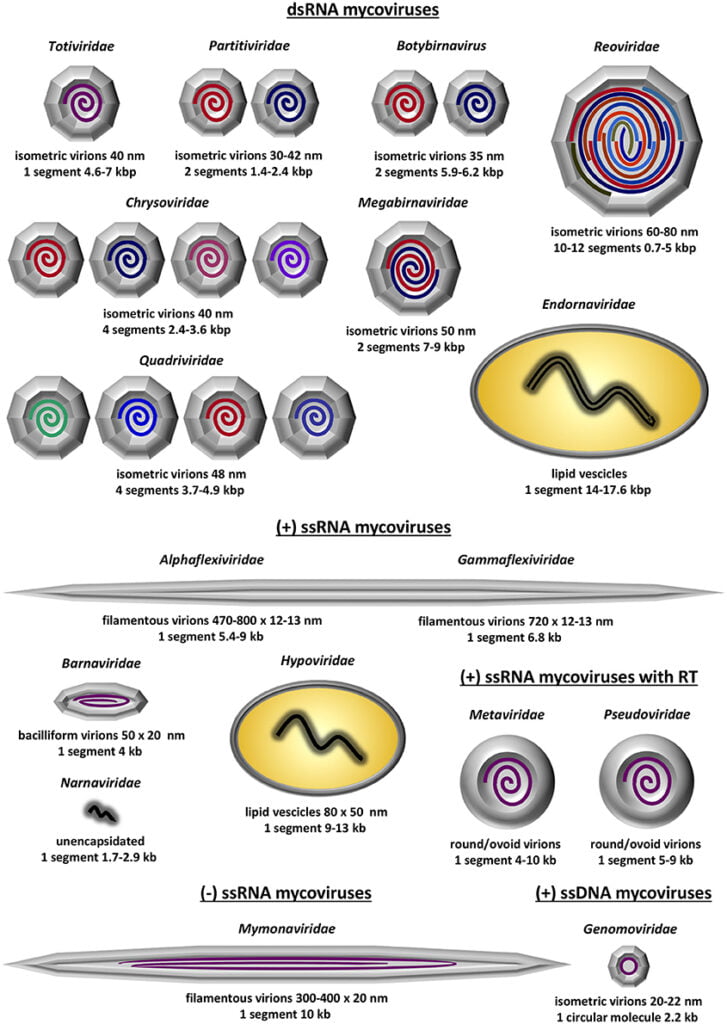In this tutorial, you’ll learn about Saprophytes as Biocontrol Agents
Saprophytes
Saprophytes are organisms that develop on the dead and rotting natural issue and do not make any infections plants or creatures. Fungi are an ideal case of saprophytes. The expansion of saprophytes is a deep-rooted act of controlling plant pathogens. This procedure is a proficient biological control, rehearsed since days of yore. Expansion of these saprophytes to the yields likewise upgrades the harvest generation by giving numerous supplements and by counteracting plant pathogens. In contrast to synthetic compounds, used to control pathogens, these saprophytes have pulled in the consideration due to the accompanying elements:
• As they do not bring on any ailment
• Also, increment the creation of the yield
• Prevents numerous maladies which cause devastation
• Increases the capacity of the plants to oppose the sicknesses
• Less natural dangers

Saprophytes as Biocontrol Agents Methods
- Antagonism
- Competition
- Use of predative microbes
- Parasitic fungi on plant pathogens
- Mycoparasitism
- Mycophagy
- Nematophagy
- Mycoviruses

- Siderophores
Examples of siderophores produced by various bacteria and fungi:
Ferrichrome, a hydroxamate siderophore

Desferrioxamine B, a hydroxamate siderophore
Enterobactin, a catecholate siderophore
Azotobactin, a mixed-ligand siderophore
Pyoverdine, a mixed-ligand siderophore
Yersiniabactin, a mixed-ligand siderophore

- Seed Inoculation
- Green Manuring
- Crop Rotation

- Irrigation

- Alteration of Soil pH
- Organic amendments

- Organic manure
- Use of mycorrhiza
- Allelopathy
